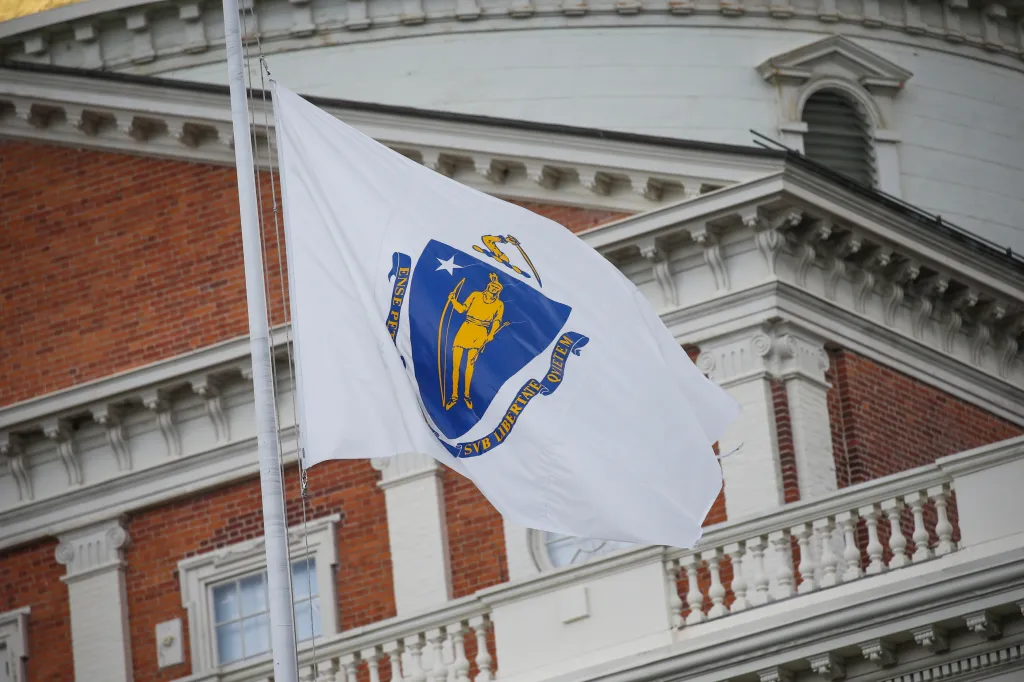
The Department of Justice has closed its five-year Title IX compliance review of Utah State University.
“We have determined that the university has substantially complied with the remaining provisions of the 2020 Settlement Agreement between the university and the United States Department of Justice,” the DOJ noted in a Sept. 16 letter to the school.
In 2020, the DOJ and USU entered into a settlement agreement addressing the federal department’s findings that the university violated Title IX in response to allegations of sexual harassment, including sexual assault.
The DOJ launched an investigation in 2017 based on allegations that the university failed to respond to numerous reports of serious sexual assaults.
One high-profile case alleged former USU football player Torrey Green sexually assaulted seven women, and another argued the school did little to protect a student from a fraternity member accused of assaulting five women before he raped her.
Green was convicted of several sexual assault-related crimes.
The settlement agreement outlined specific steps USU agreed to take to improve its investigation and resolution of sexual harassment complaints, and help students, faculty and staff understand their reporting options, duties and obligations with respect to sexual harassment.
The school also had to ensure that members of the campus community know where to go for resources and support.
“The university has satisfied its obligations relating to the Relationship with Local Law Enforcement provision of the Agreement,” the DOJ letter added, “The university’s subsequent productions also demonstrated its substantial compliance with the remaining provisions in effect.
“As such, the DOJ is satisfied with the university’s efforts to remedy its Title IX violations and has determined that termination of the Agreement is appropriate.”
The DOJ, the letter added, appreciates the university’s “commitment to providing a working and learning environment free from sexual harassment.”
USU must continue to comply with all Title IX requirements — and the DOJ is open to conducting future compliance reviews.
Fostering a USU environment where all ‘are respected’
Responding to the DOJ’s letter, USU Interim President Alan Smith called the conclusion of the resolution agreement “an important moment” at the school.
“Completing the agreement reflects years of effort and collaboration across our campuses to strengthen policies, training and support systems. Most importantly, it represents our ongoing commitment to fostering an environment where every member of our community is respected,” wrote Smith in a campus release.
USU reports making “sweeping changes across policies, training, campus culture and organizational structure” — while revising its sexual misconduct, grievance and reporting policies and clarifying employee responsibilities for reporting and supportive measures.
Training and education efforts at the school “expanded significantly”, with mandatory in-person sessions for incoming residential students, annual online training for continuing students, and specialized instruction for athletics personnel, student-athletes, confidential resources, and employees involved in the Title IX process, according to USU.
Additionally, USU conducted regular climate surveys and launched awareness and culture-building campaigns such as the “Upstanding” bystander intervention program and the “Start by Believing” initiative.
The university also reportedly expanded its advocacy and supportive resources for those who report misconduct.
Meanwhile, oversight and reporting systems were enhanced through a centralized online reporting hub, streamlined procedures, and consistent compliance reporting to the DOJ.
Aggie athletics received particular attention
The university also initiated enhanced coordination between the Civil Rights and Title IX Office and USU Athletics.
“Finalizing this agreement underscores the accountability we have built into our policies and practices,” said Cody Carmichael, USU’s Title IX coordinator in the USU release.
“Our systems not only meet federal standards, but offer a consistency that has built trust across campus and continues to evolve to meet the needs of our community.”



